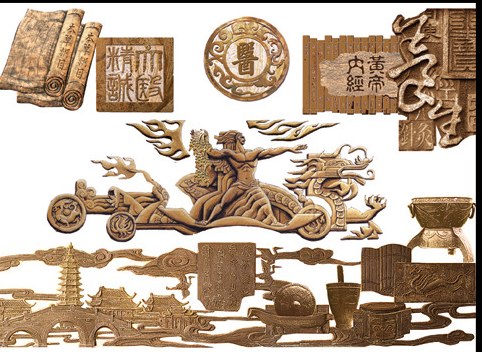The liver and the kidney depend on each other. That is why it is said that "the liver and the kidney share the same origin" and "yi and kui share the same origin". "Yi" pertains to wood in the five elements and refers to the liver here; and "kui", pertains to water in the five elements and refers to the kidney here.
There are two reasons to explain why "the liver and the kidney share the same origin". One is that essence and blood come from the same source. The liver stores blood and the kidney stores essence. Sufficient blood in the liver makes it possible for the kidney to store the essence and abundant essence in the kidney provides necessary nourishment for the liver. So blood and essence promote each other and transform into each other. The other is mutual promotion between yin-fluids. The kidney pertains to water and the liver to wood. Thus kidney-water nourishes liver-wood and liver-yin invigorates kidney-yin. The mutual promotion and transformation between liver-yin and kidney-yin maintain the coordination between them and the superabundance of them.

Pathologically, insufficiency of liver-blood may lead to deficiency of kidney-essence and deficiency of kidney-essence will, in turn, bring on insufficiency of liver-blood, consequently resulting in dizziness, tinnitus and weakness of the waist. Besides, insufficiency of kidney-yin may lead to deficiency of liver-yin or prolonged deficiency of liver-yin may cause insufficiency of kidney-yin, usually resulting in deficiency of both liver-yin and kidney-yin.







